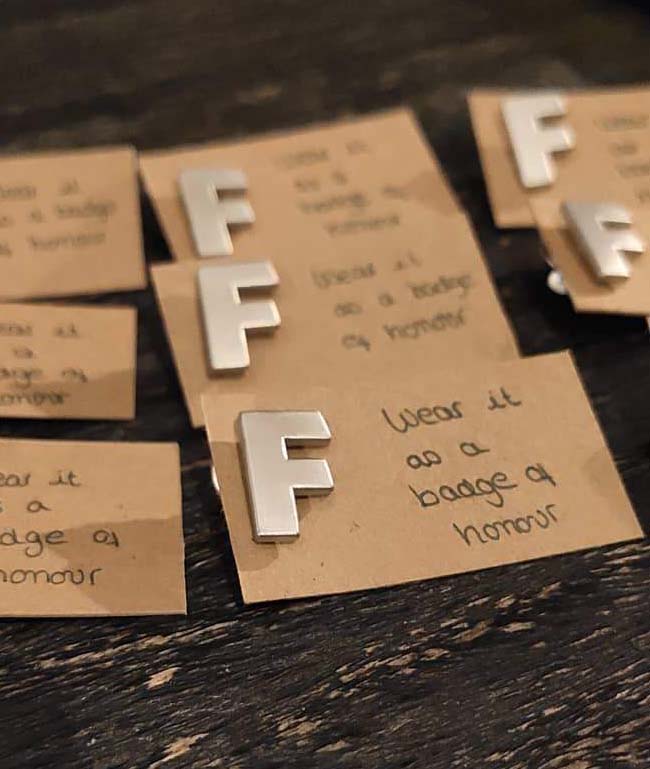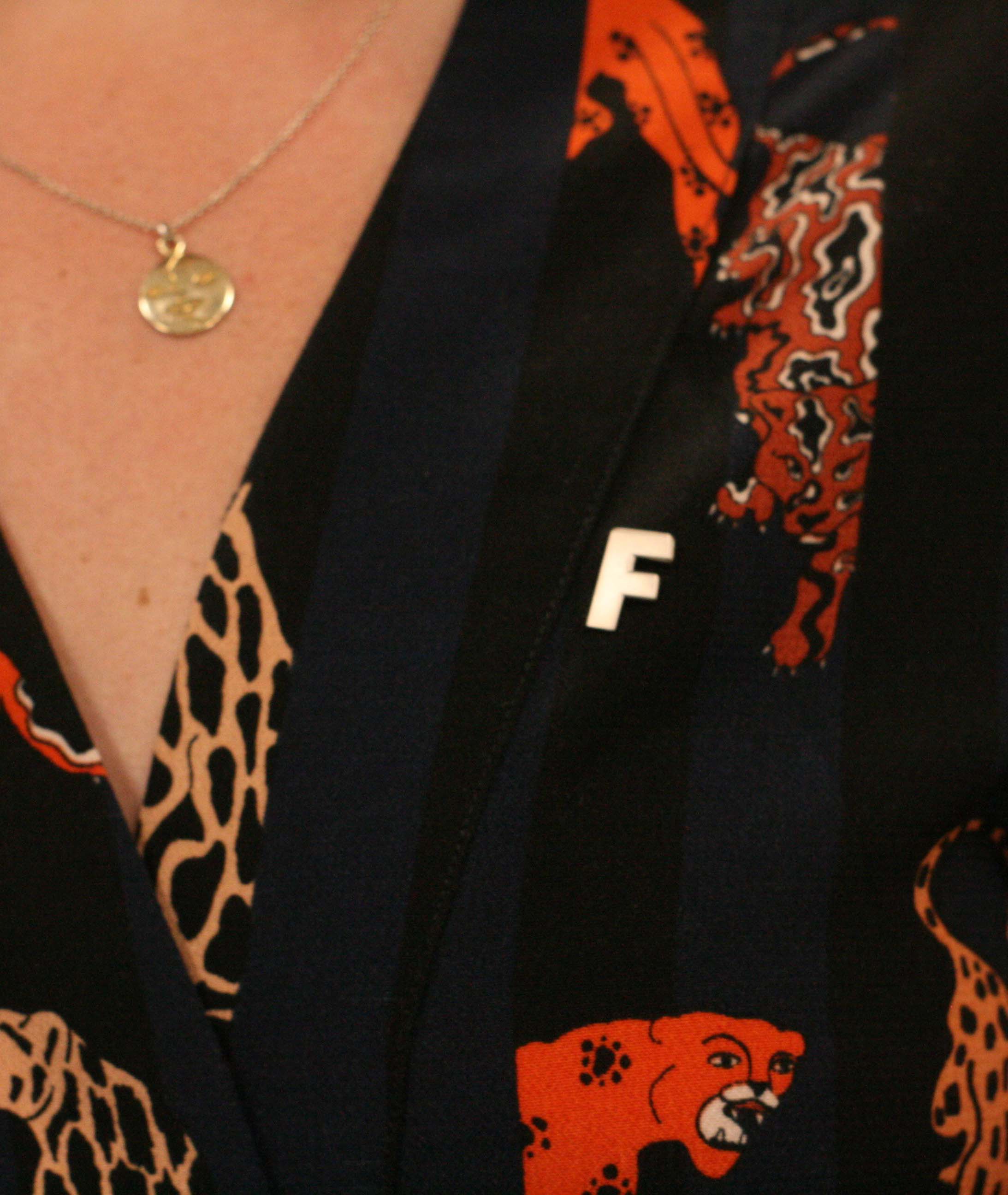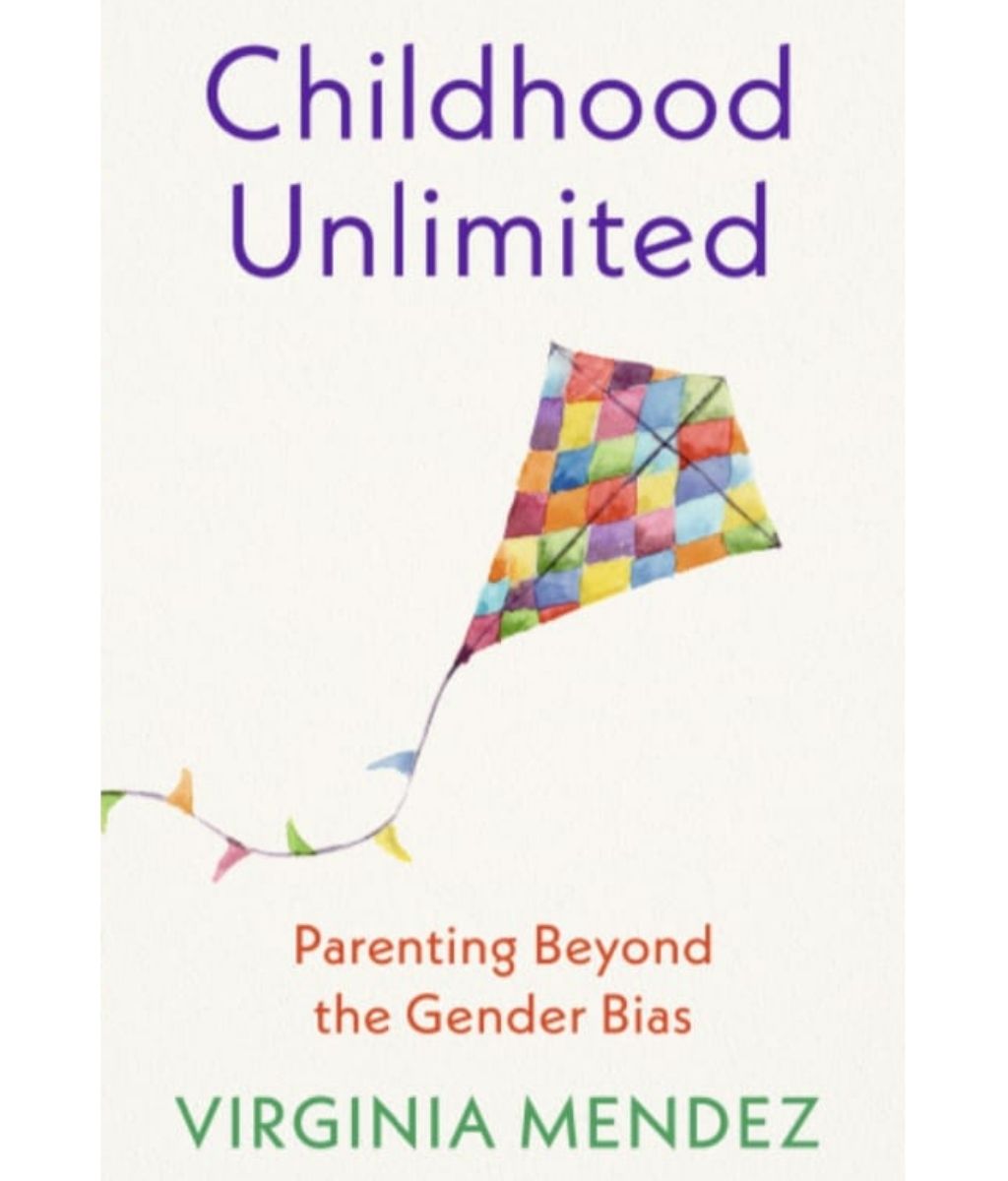On Thursday I wanted to write about St Valentine’s from a feminist point of view. I wanted to be organised so my article would be ready to publish on Monday, but as you can imagine that desire stayed as an unticked bullet point in my to do list while other things took priority.
Also on Thursday I decided to watch The Tinder Swindler on Netflix, because everyone kept talking about it. As soon as it finished, I knew I needed to write about it as well, as there are a lot of feminist points to unpack from it, and I added to my to-do list.
It wasn’t until I researched for an image of the documentary that the penny dropped. They needed to be the same article. Because in a way (probably in many) they are connected. So here we go…

I am not going to assume that you have seen it, so in a nutshell it follows the horrendous lived experience of 3 women that have been groomed by this con artist, and then exploited and lied by him (life and death lies) to get them to give him money. A lot of money.
I keep hearing people referring to what he does as a scam, but I don’t think that’s an accurate description. Those women where not only scammed, they were heavily emotionally abused, they were groomed, and they were part of a fraud.
As part of the documentary, they showed the social media reactions when the article first published. Those women were insulted, blamed and accused of being gold diggers. They deserved everything because they were with him because of his money. But they weren’t. They didn’t give him money because they thought they were going to multiply it, they didn’t think they were buying crypto currency or outsmarting the system, they gave him money because they loved him. They were worried about him; they were scared about him dying if they didn’t.
What people overlook when judging these women is how he made them feel. They seem not to hear the most important part of the narrative. “He listened to me”, “he asked me questions” “he made me feel important and special” “he gave me energy, charged my battery”. Those women sure were impressed by the hotels, and the food, and the clothes… but they all speak about a connection. He keeps them hooked by showing up as a vulnerable and committed person, who invested in them as people and showed up.
The money was not only the perfect WOW factor but also the perfect way to trust him when he swore that he would give them back the money in a couple of days. He needed them to believe that what for them was a big amount, for him was nothing. It made the favour completely credible. If they hadn’t witnessed that he was filthy rich they couldn’t have bought the narrative of that huge need and wouldn’t have possibly believed that it was anything other than a very short-term loan.
I think it is important to say that 1 of those 3 women is not in a romantic relationship with him, they are just best friends. When other victims came forward, the variety of the stories behind his lies was vast, including a family that used him as a babysitter! There were men, and women and they all trusted him because he always gave them what they were craving for, because he has a way to get people’s trust and make them feel that connection.
But the poster of the documentary is a hook holding a diamond ring. The promised land for women. The marriage. The ultimate success. A big diamond ring displayed as a trap for those women to be “fished”. They should have known better, those women, they shouldn’t have followed the shiny diamond, the poster seems to be saying.
I can see the power of the image, but it feels quite reductionist, not only because there were more scenarios in his modus operandi but also because it has an after taste of victim blaming. Women are almost presented as so desperate to get married to ignore the red flags, but it doesn’t really give any context about how we got there, it ignores the way society treats women from the moment they are born and how they put that pressure on them. Heavily.
And here is where the article that I wanted to write about St Valentine’s fits perfectly. Because St Valentine’s works wonders as a fuel to that narrative. It is a very effective excuse to get a marketing overload repeating the idea that love is the ultimate win and success (for women), that love looks like 2 white and normatively attractive heterosexual couple sharing chocolate, flowers and having dinner out. That love, the BEST THING IN THE WORLD, is shown with gifts and sex.
Don’t get me wrong, I have NOTHING against presents (or sex!), I have nothing against finding one or a hundred excuses to be a bit extra on the name of love or to celebrate each other. I like chocolates and flowers as most humans do but I can’t help to cringe about the completely outdated storyline behind St Valentine’s day and about all those that will inevitably feel left out.
I can’t help but hating the jokes about men earning “brownie points” by buying a lousy card and a bottle of bubbly but at least getting laid. I hate the idea that the day is something special FOR women than men must put up with. Show me in the media a group of men wondering with excitement what their partners are going to get them. Show me a woman that has forgotten and shittily wrapped something from her purse just before opening the door because she knows how important that is for him. Show me men in sexy underwear and a bed full of sex toys aimed at her. But we don’t see it, what we see is that on St Valentine’s day women fill their romantic cravings, and sex is the recompense that men get in return for putting up with them. Sex is something for men, a well-earned price for their “investment” in the other part.
As Sexology Bae’s writes in her very interesting analysis of St. Valentine's Day
“For women (and other marginalized genders) in particular, the idea of having sex as “thanks” for someone who has given you something is unfortunately normalized. If we believe that one of the core tenets of sex-positivity is consent, then I cannot in good conscience encourage people to buy gifts or shower others with affection on Valentine’s Day if it means expecting sex in return. That does not establish a healthy or completely-consensual sexual experience.”
Amen. How many women are going to feel on Monday that they have to “give back” in bed TO them because he has been attentive and romantic? How many will be showered in gifts that will hide for a moment that the bar for women in heterosexual relationships is so low.
St. Valentine’s day can be problematic when affection is measured in gifts, when it feels like showing affection in a romantic way it is reserved to one day only marked by the calendar, when it is an obligation, when it feels like only one kind of relationship is celebrated, when it is a reminder of heartbreak or for those that really really want to be in a relationship but haven’t found anyone yet… I don’t judge those who love the day and look forward to it, even the ones that go totally FULL ON with it (from clothing to house decorations) but I think it’s also important to understand how our truth might not be the only truth, and how this marketing beast can be harming others.
Women, both on St. Valentine and as “easy prey” for groomers like the one in the documentary, are constantly reminded of how important it is for them to be in a relationship.
Not only we are shown on the media constantly women that are in ecstasy because they are (finally) getting married with multiple details about the pride of the family, the princess dress, the promise of forever being loved… BUT we are also heavily shown how we are meant to crave it. We are shown the horrors of dating, the life of single women defined and narrowed to their failed attempts to get there. They show us rom-coms full of women wanting it badly, talking about it endlessly at the expense of the other important things of their lives. We grow up with happy endings of the princesses in Disney, with tales that finish with the first kiss, or the wedding, or the seriously committing to each other. We can hear the screaming of the girl friends when seeing the ring “yayyy! It happened” … all while we see the jokes about men being “under her thumb”, or for whom marriage is a “game over” or cake dolls in which the groom has been dragged to the altar.
That is the story that we have been told so many times that we end up believing, that becomes who we are unless we proactively unlearn it. It doesn’t matter if science shows that married men live longer and have better health (mostly, unsurprisingly, mental health) or that in heterosexual couples the split of household chores is very unfair towards women we still believe that women are the ones winning at life when they are getting flowers and chocolates in St. Valentine’s, or even better, the ring.
So maybe the visuals of the documentary are right after all, not so much for the film itself but for the bigger picture. St Valentine, the ring… might be placed into a hook but society makes it so shiny and wanted that we forget to check the red flags. In the search for the ring, we forget to put ourselves at the very centre of our own life, we forget that we are already complete and whole by ourselves. We give up so much.
So even if I am happily married, you know what? I am going to buy myself the damn flowers on St Valentine's Day. Because we all need a reminder that we are the biggest love of our own lives!











0 comments